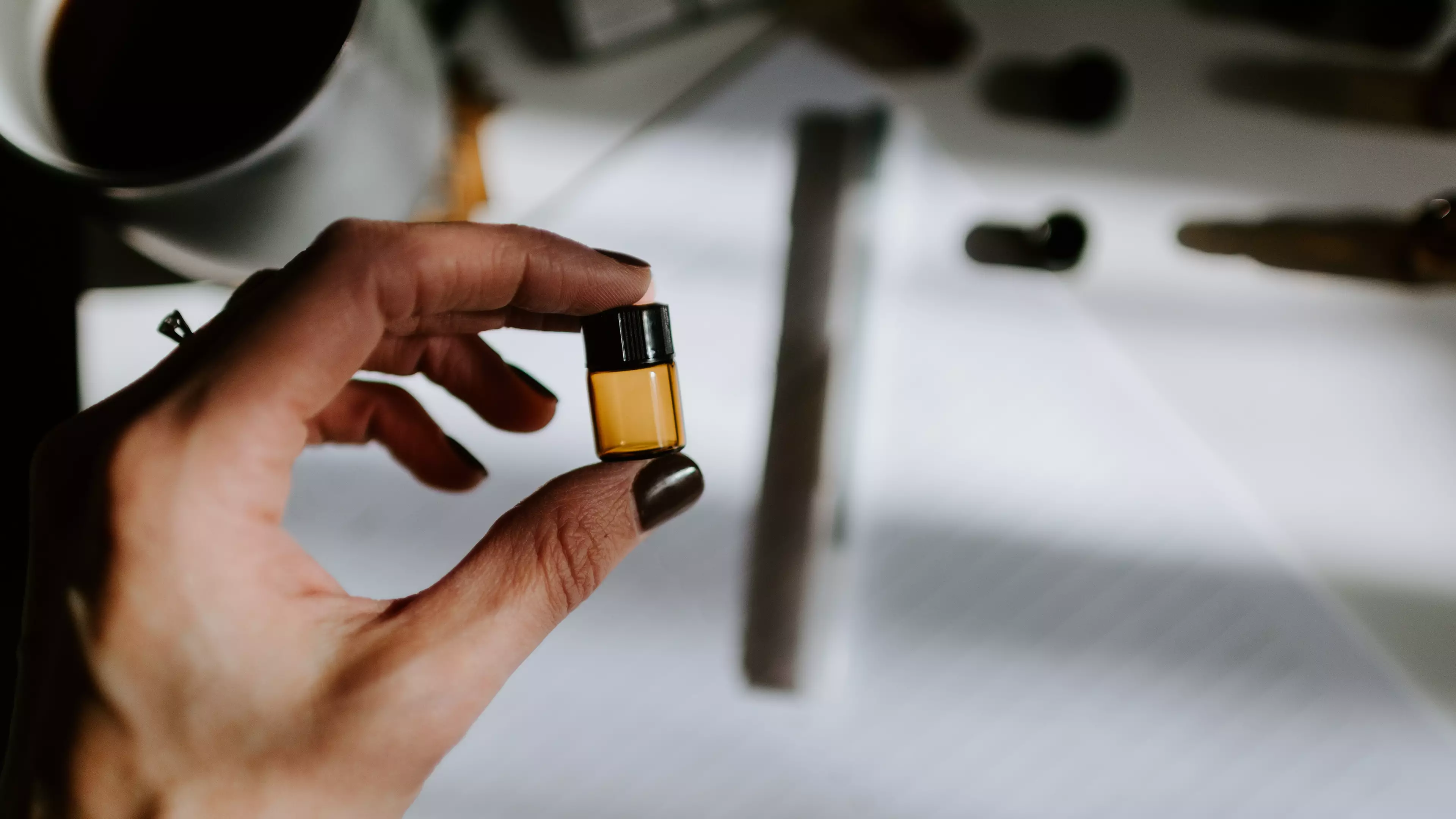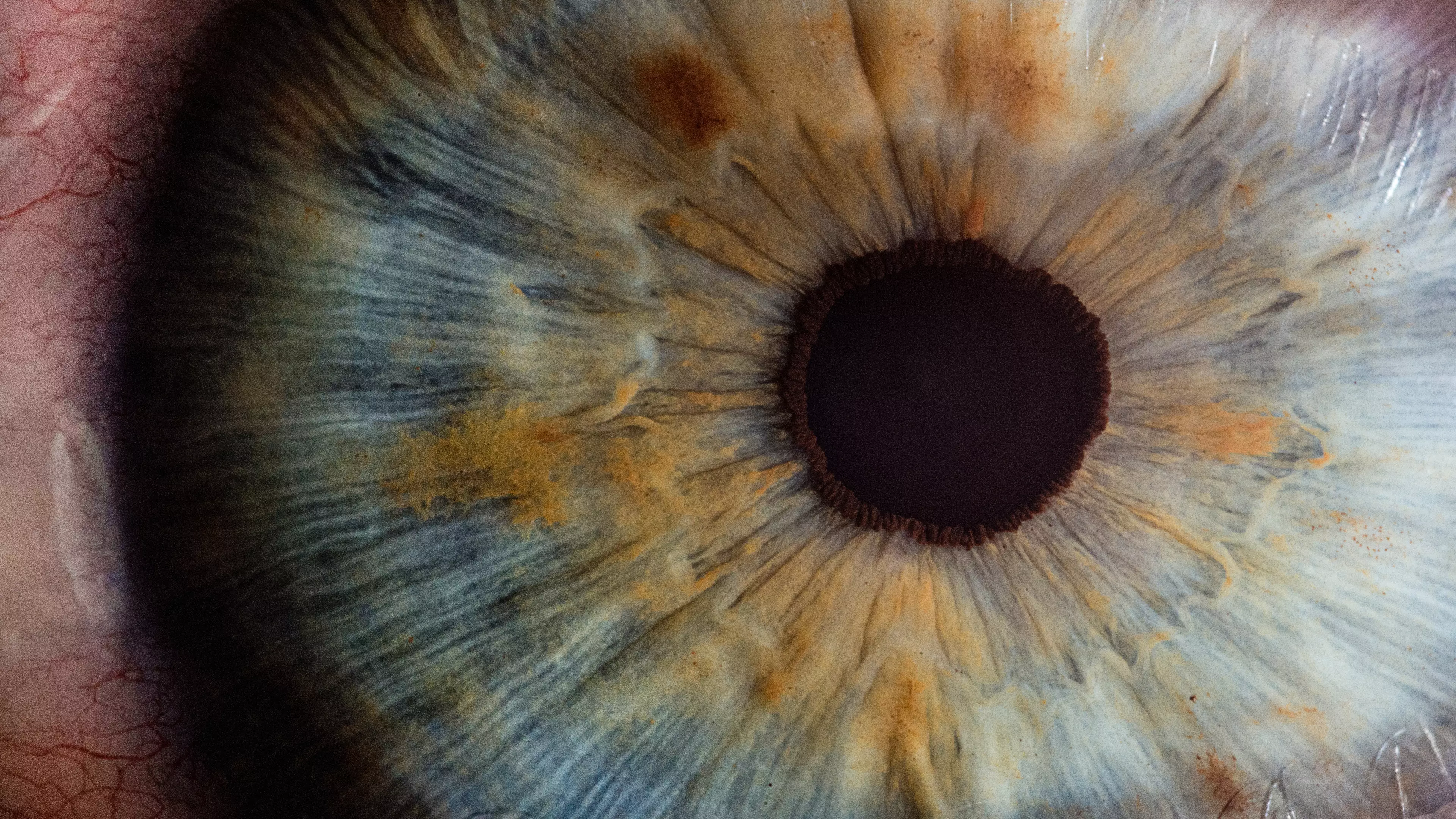
Taking LSD and magic mushrooms with your breakfast is something we don't expect to hear of beyond Glastonbury's Stone Circle. However, believe it or not, microdosing is becoming part of the morning routine for a small, but growing, number of people in the UK.
Microdosing is the process of administering a small amount of a drug, with such a low dose it's unlikely to produce a whole-body effect, but is enough to have mood benefits for the user.
People are finding that by taking roughly 10 to 20 micrograms of a drug every few days, they are able to self-medicate anxiety, depression and increase confidence and performance at work.
Advert

The trend began in San Francisco just under a decade ago with tech workers, investors and entrepreneurs taking tiny doses of LDS (around a tenth of a normal dose), not to hallucinate, but to be more productive and creative, San Francisco CBS Local reported.
Since then, it's made its way to UK shores.
Rosy, an anonymous mum, told The Guardian that she began taking 0.12g of magic mushrooms every three or four days to help with her anxiety and depression.
Advert
"It gives me an alertness, an assurance," she told the paper. "I move from a place of anxiety to a normal state of confidence, not overconfidence."
The mum explained that she was first drawn to microdosing after reading research that suggested it had particularly good effects on depression.
Rosy tried microdosing as a last resort after trying to treat her depression with therapy, antidepressants and alcohol.

Advert
The mum-of-two said that while microdosing helps her with her mood, "It definitely doesn't impair my ability to parent," adding, "If anything, my awareness is sharpened."
Lindsay Jordan, 40, a senior university lecturer told The Guardian she began taking 1P-LSD, a psychedelic drug with effects "almost indistinguishable" from LSD, recreationally while studying for her doctorate, but began microdosing after reading the work of James Fadiman, an American psychologist known for his extensive work in the field of psychedelic research.
Lindsay decided to experiment by taking a tenth of a full 1P-LSD dose every third day for a month. "I felt unusually alive," she told the paper. "Lights looked sparkly. I felt delighted. After the first month, I tweaked it so that dose days coincided with, say, visiting family. I enjoyed playing with the kids more when I was microdosing. Likewise going to weddings - I found it easier to be interested in people."
The lecturer explained how the drug was making her better at her job: "I used to not enjoy teaching, and my students did not enjoy learning. Now I can teach in a hot stuffy room for hours and look out across a sea of smiling faces."
Advert
It even had an impact on her personal life, causing her to end her marriage. "Microdosing contributed to the end of my marriage, because it led to me seeing what I should be doing with my life. I want to devote my energies to serving my students and my lovely friends. We both feel much freer now."
However, the illegality of these practices can't be underestimated.
In the UK, possession of a class A drug - including LSD, magic mushrooms, cack cocaine, cocaine, ecstasy, heroin, methadone and crystal meth - can be punishable by up to seven years in prison and an unlimited fine.
Featured Image Credit: Unsplash